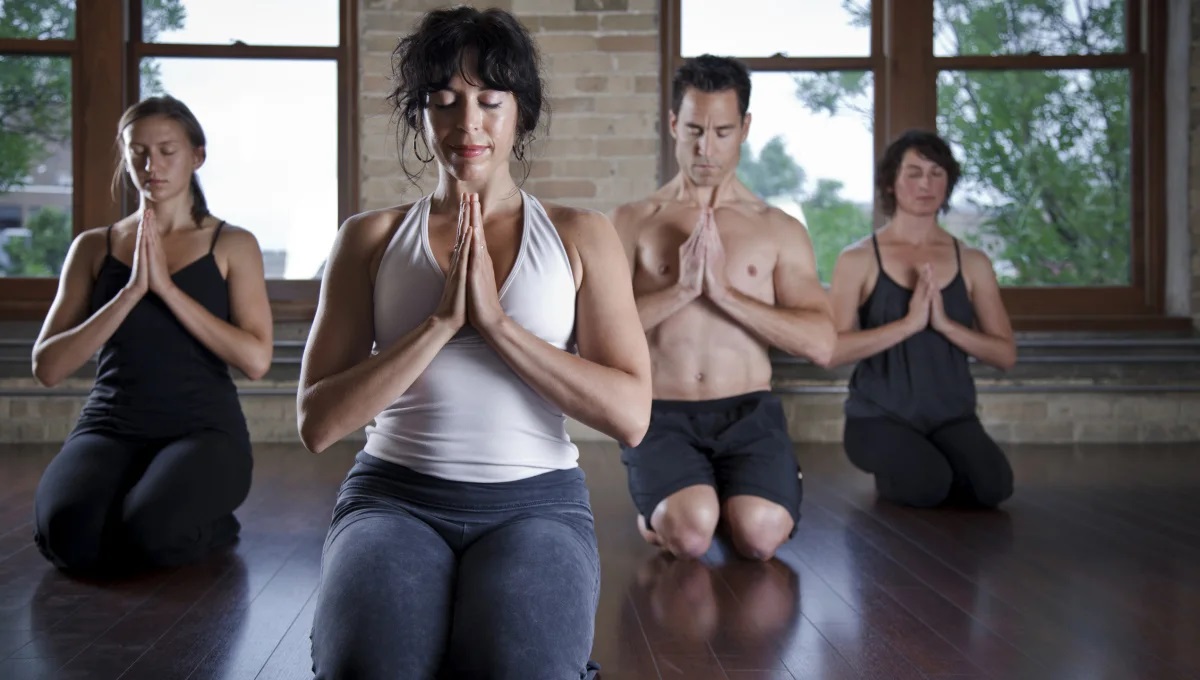
How Can We Make Our Support Group More Supportive?
Question: How can we make our support group more supportive?
I’ve had a bad experience with a local chronic illness support group that tends to be depressing, and I would like to do something to make it encouraging and fun. Is there a way to keep people with all our problems from being negative?
Answer:
When support groups become healing groups, a great deal of new potential is available to all. This concept extends to to both online and in-person gatherings.
In meeting the challenges of chronic illness, a support group can make a big difference in your self esteem and sense of hope. This is particularly true if you have been recently diagnosed with a complex illness like Lyme disease or ME/CFS (myalgic encephalomyelitis/chronic fatigue syndrome) and are bewildered by all the confusion and ambiguity surrounding the illness.
But some supports are more effective than others at fostering a healing environment. I have seen many people benefit tremendously from support groups. And now, there’s scientific evidence that being in a support group can actually speed the healing process.
On the other hand, many patients have told me that they left or quit going to support groups because they found it a depressing and demoralizing experience. They actually felt worse afterwards, emotionally and physically. It seemed that what was being supported was an attitude of helplessness and hopelessness.
Chronic Illness Support Groups
Why the mixed reviews on support groups? Clearly there is a wide variation between different groups. The success of a group is determined by its approach to three important elements:
• Education
• Interpersonal support
• Healing
Picture a triangle with each of these elements as one point, each connected to the others. Without any of these elements, the triangle would be incomplete, and the group would not live up to its potential. Let’s take a closer look:
1. Education
The educational function of a support group is to give accurate, unbiased information about the illness and effective ways to cope with it. A support group should take care to challenge misinformation or mistaken views in every meeting, and not allow them to flourish.
For example: A common myth about ME/CFS treatment is that there is no effective medical intervention for this disease. However, there are several different traditions of medicine available. Conventional, western medicine excels in surgery and emergency medicine, but no cure for chronic illnesses like Lyme and ME/CFS. However, it can help a great deal with some symptoms. And Chinese medicine, herbal medicine, naturopathic medicine, Ayurveda, and other traditions have all been used effectively by people who have improved.
2. Interpersonal Support
The social isolation endured by many people with chronic illness is a real obstacle to their healing. Recent research has found that poor social support is a risk factor in recovery from Lyme, ME/CFS, and other illnesses. People who have supportive relationships, combined with using a daily self-healing practice such as meditation, do best. In contrast, people who have little social support, even if they do a lot of daily self-healing practice, don’t do as well.
Such support includes three aspects:
1. Validation of Feelings. Interpersonal support happens within group meetings when people share their feelings, their gains and losses, and simply listen to each other with compassion.
• By sharing your feelings, they become more tolerable.
• Whatever your feelings are, positive or negative, they are valid.
• You can also help others to see that they are not alone in what they are feeling.
2. Sharing Success Strategies. Another important aspect of interpersonal support is the sharing of strategies that people have found success in managing their symptoms.
• The real experts on this illness are people who experience it every day.
• It’s very important to talk about what works in daily living, and reinforce that in each other.
• Share with each other how you have spent your energy, how you use rest strategically, how you deal with the sleep disorder, or how you handle stress.
3. Continuity Between Meetings. Finally, interpersonal support need not end when the meetings end or you log off the computer.
• Connect with each other during the week, by text or a quick phone call.
• One effective group used a “buddy system” in which people paired off and called their partner on alternate days of the week to offer encouragement and reinforce the other’s healing practices — a novel concept in this digital age!
3. Healing Activities
Online or in-person support groups can become healing groups. A healing group is a group in which healing actually takes places within the meeting itself. It may seem like a bold move to begin incorporating healing activities into your support group meetings, but it can easily be done, and many groups are doing it now.
Here are a few ways to incorporate some healing time into your support group meetings:
1. Reserve a block of time in each meeting for healing activity. This may be the second half, or the last half hour, at least.
2. Use the time to listen to tapes of guided self-healing practice. This may include meditation, healing imagery, or breathing exercise.
3. Share your expertise with each other. Many group participants have expertise in strategies that can be shared with others in the group. You need not be a professional to do this. If you have a particular routine that works well for you each day, someone else in the group may really benefit from your teaching of it.
4. Invite guest healers to come and share their work. Therapists and other people who teach healing methods can come and guide the participants through an experience of their work. They appreciate such opportunities to become more known in the community because they are always looking for new clients.
Methods which can be taught and practiced in support groups include:
- Meditation
- Healing imagery
- Relaxation techniques
- Breathing techniques
- Laying-on-of-hands
- Art therapy
- Therapeutic journal writing
- A prayer circle (Consider giving each person a turn being the focus of the group’s prayers.)
A support group need not just be an “information clearinghouse.” Rather, it can be a live experience to all who are participating. When support groups become healing groups, a great deal of new potential is available to all.







